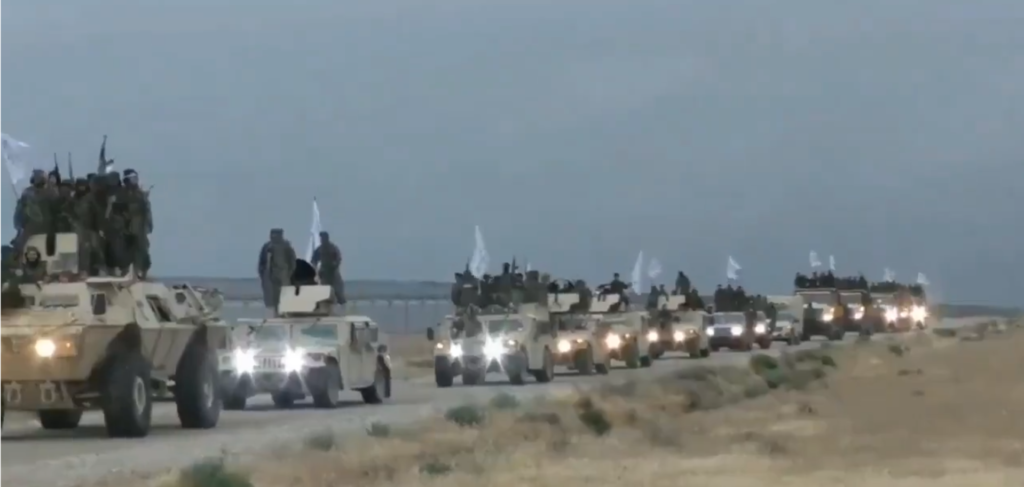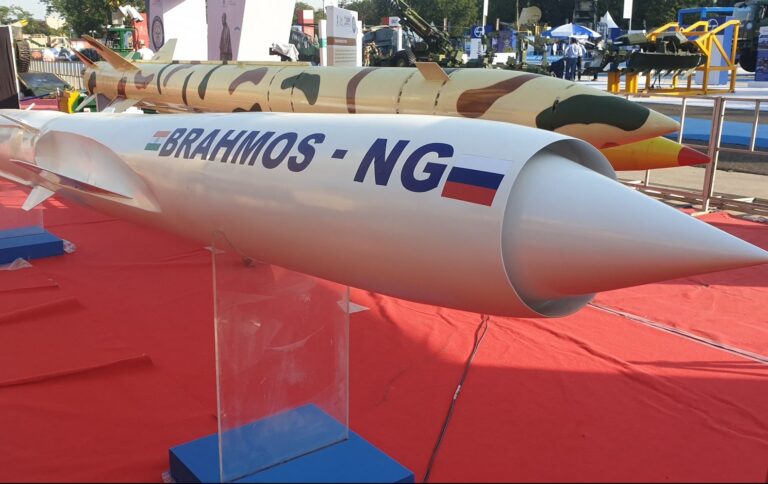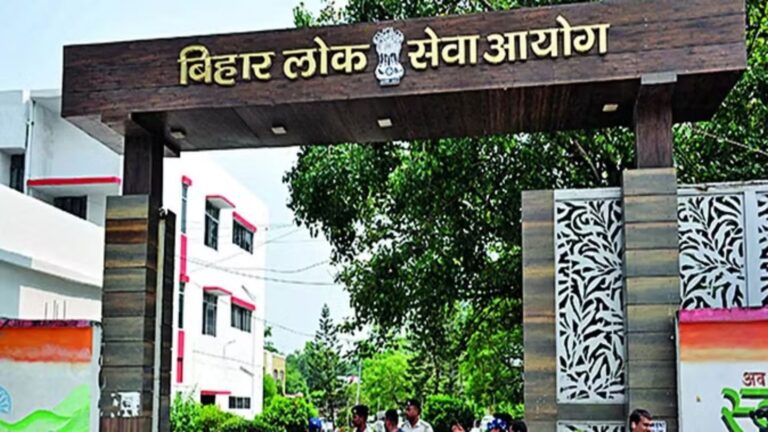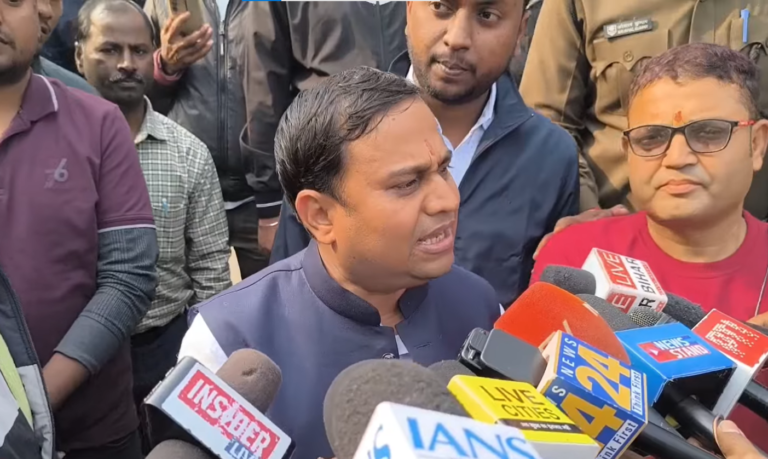
Pakistan is currently facing an escalating crisis that could significantly impact both its own future and the geopolitical dynamics of the region. Recently, the news has surfaced that approximately 15,000 Taliban fighters are headed towards Pakistan’s Khyber Pakhtunkhwa province, heightening tensions between the two countries. This situation has prompted concerns about a potential large-scale conflict or major retaliation from the Taliban. The situation is further complicated by India’s foreign policy, particularly under the guidance of External Affairs Minister S. Jaishankar.
The Escalating Situation between Pakistan and the Taliban
The dramatic rise in Taliban fighters advancing towards the border stems from a series of aggressive moves by Pakistan. Last week, Pakistan’s Air Force launched an attack on eastern Afghanistan, specifically targeting the Paktika province. This region, bordering Pakistan, allegedly housed training facilities for the Tehrik-i-Taliban Pakistan (TTP). The airstrike, which resulted in the deaths of 46 people, mostly women and children, was aimed at neutralizing what Pakistan believed to be a base for terrorist operations against the country.
The strike has sparked outrage within Afghanistan, with the Taliban strongly condemning the attack. Taliban spokespersons have vowed retaliation, describing the airstrike as a cowardly act of aggression against Afghan sovereignty. This development is alarming, as it marks a significant downturn in relations between Pakistan and the Taliban, who were once closely allied. The Taliban’s response indicates that the situation could spiral into a full-blown conflict, with Pakistan bracing for potential retaliation from the Afghan group.
#WATCH | Reports indicate Taliban forces mobilized against Pakistan following airstrikes on Afghan villages that tragically killed 46 people, mostly women & children
Afg-Pak border now on high alert! #Afghanistan #Pakistani #Taliban #talibanattackspakistan #Trending… pic.twitter.com/jVeB1KSZIH
— Ritam English (@EnglishRitam) December 27, 2024
The Role of Tehrik-i-Taliban Pakistan (TTP)
The TTP, distinct from the Afghan Taliban, is a separate militant group that seeks to impose strict Sharia law in Pakistan, similar to the regime of the Taliban in Afghanistan. This group has been behind numerous terrorist attacks in Pakistan, and its increasing influence has created a growing security threat within the country. The recent attacks, including one that killed 16 Pakistani security personnel, are seen as part of the TTP’s broader strategy to destabilize Pakistan.
In response to these escalations, Pakistan has taken aggressive military action within Afghanistan, aiming to dismantle the TTP’s network. However, this approach has only fueled tensions with the Taliban, who see these attacks as violations of Afghanistan’s sovereignty. The Taliban’s reaction has been strong and unyielding, suggesting that the situation is heading toward further conflict.
The Shift in Pakistan-Taliban Relations
Historically, Pakistan played a pivotal role in the rise of the Taliban in Afghanistan, hoping to use them as a tool to counter India. However, this long-standing alliance appears to be crumbling. The Taliban’s anger at Pakistan’s actions is now evident, and it is clear that the group has grown disillusioned with its former ally.
This shift in dynamics also has broader implications for Pakistan’s relations with its neighbors and the world. The recent attack on Afghanistan’s territory is part of a wider strategy to combat internal terrorism, but it risks isolating Pakistan further. As Pakistan continues to struggle with domestic instability, the situation with Afghanistan, particularly the Taliban, could exacerbate its geopolitical woes.
Jaishankar’s Foreign Policy Success
India, under the leadership of External Affairs Minister S. Jaishankar, has shown a pragmatic approach in dealing with the changing realities in Afghanistan. While the relationship between India and the Taliban has historically been non-existent, India has adjusted its stance to prioritize national interests. The official talks between India and the Taliban are a testament to this shift. Jaishankar’s foreign policy emphasizes pragmatism, focusing on stabilizing the region and ensuring India’s security while fostering constructive dialogue with Afghanistan, even with the Taliban in power.
Jaishankar’s approach contrasts sharply with Pakistan’s ongoing obsession with India, which has led to decisions that have destabilized the region. While Pakistan is preoccupied with countering India, India has managed to secure its position as a key player in the region. Jaishankar’s strategy of engaging with the Taliban, offering humanitarian assistance, and enhancing bilateral relations with Afghanistan, signals India’s proactive stance in the changing geopolitical landscape.
The Pakistan Dilemma
Pakistan’s primary concern remains its struggle with terrorism, notably from groups like the TTP. However, its obsession with countering India has led to misguided decisions, particularly in Afghanistan. As Pakistan continues to face internal turmoil and external threats, its relationship with the Taliban is at its lowest point. The strategic decisions made by Pakistan over the years, including the creation and nurturing of the Taliban, have come back to haunt it. This is a stark reminder of the geopolitical consequences of fostering extremist groups for short-term strategic gains.
In contrast, India’s focus on national interests and security has paid off, and the country is now seen as a vital partner for Afghanistan. Jaishankar’s foreign policy has effectively navigated these complexities, ensuring that India remains a key player in the region, regardless of the Taliban’s presence in Afghanistan.
Conclusion
The situation between Pakistan and Afghanistan, particularly with the Taliban, is on the brink of escalating further. With 15,000 Taliban fighters moving towards the border, Pakistan is facing a critical moment. The recent actions of Pakistan, including the airstrike in Afghanistan, have worsened relations with the Taliban, which may lead to severe repercussions. Jaishankar’s pragmatic foreign policy, however, has allowed India to maintain a balanced approach in the region, positioning itself as a key player while Pakistan continues to grapple with its own challenges.
As the situation unfolds, the international community will be watching closely. Pakistan’s ability to manage its security situation and its relationship with Afghanistan will determine the stability of the region in the coming years. For Pakistan, the time has come to reassess its policies, especially its approach towards India and Afghanistan, to avoid further escalation of the crisis.
Disclaimer:
The views and opinions expressed in this article are solely those of the author and do not necessarily reflect the official policy or position of any agency or organization. The content provided is based on the information available at the time of writing and may not represent the latest updates or developments. Readers are encouraged to conduct further research for a comprehensive understanding of the topic.
Also Read: Minorities Attacked Once Again in Bangladesh: 17 Christian Houses Burnt
Follow US




